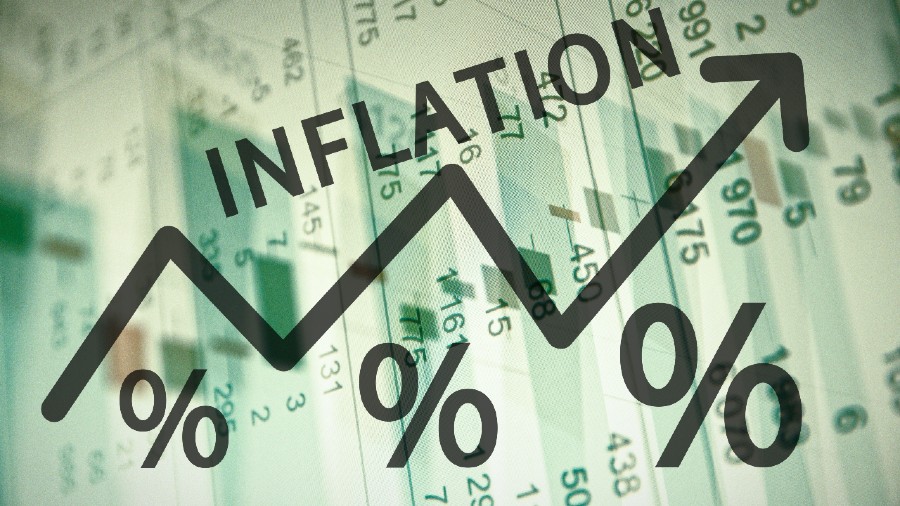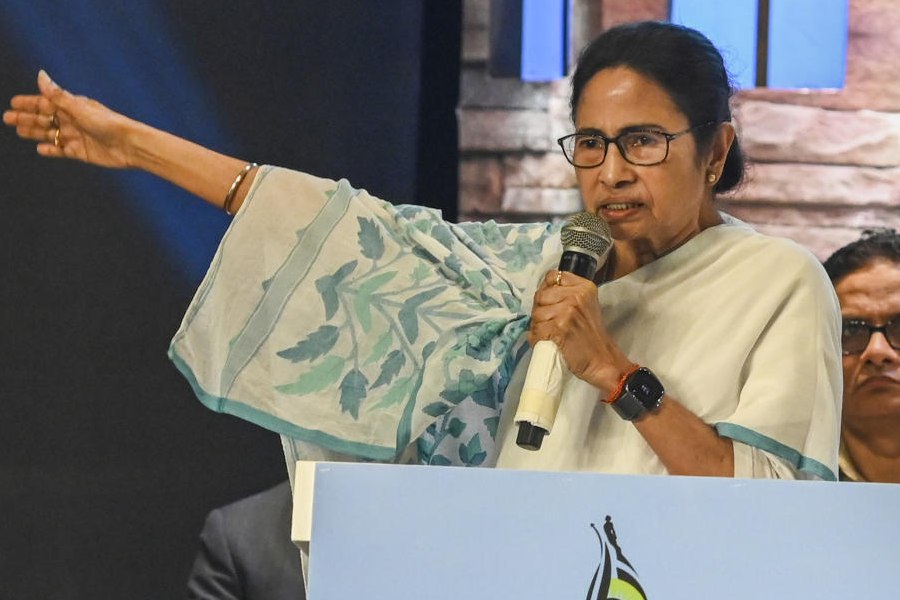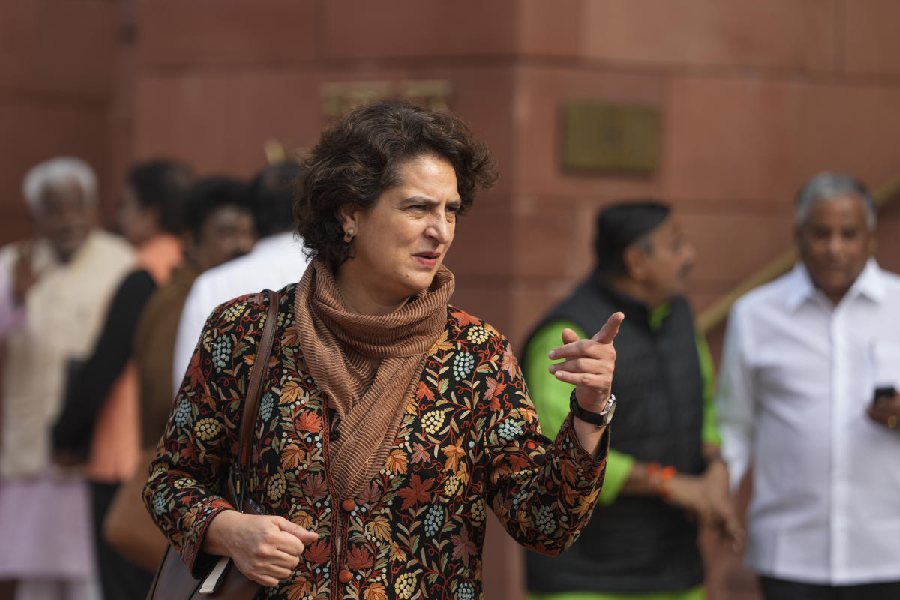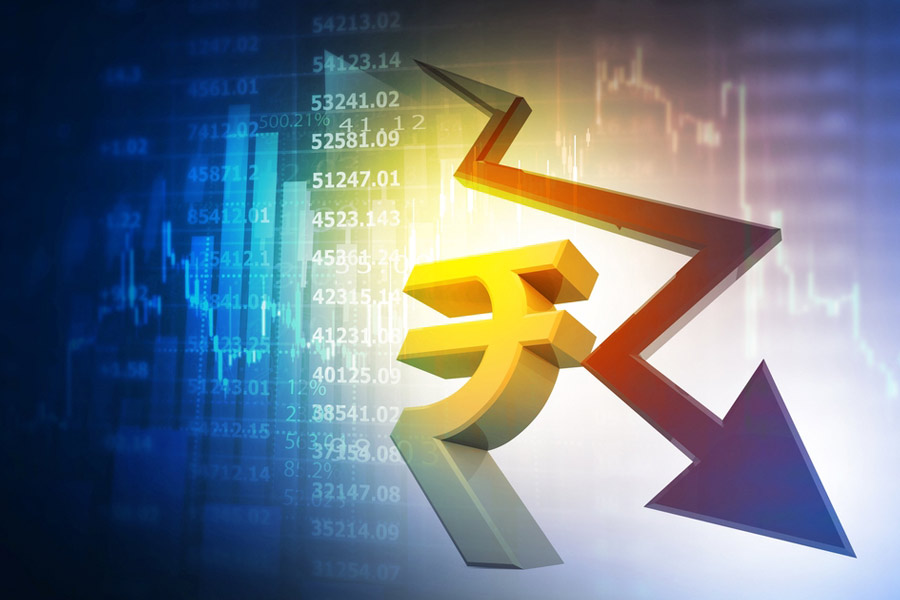In India, price inflation has been creeping up in the recent past. The latest data for June 2022 show consumer price index inflation to be 7.01% and wholesale price index inflation to be 15.18%. Food prices, which are an important component of retail prices faced by consumers, grew by 7.75% in June 2022 on a year-on-year basis. The WPI figure is an indication of rising costs faced by businesses in wholesale trade. The data indicate that not only retail prices are squeezing the ordinary consumer but the immediate future also looks gloomy because of rising business costs. The Reserve Bank of India’s usual strategy of raising interest rates to hold inflation at bay kicked in a bit late and has not been working well so far. The impact on consumers is that their loan repayment instalments are higher with higher interest rates and fresh loans are more expensive. On top of all these woes, the Government of India has decided to revise and raise the goods and services tax on a number of goods and services affecting the ordinary consumer. This set of revisions includes a number of food items, hospital rooms, hotel rooms, bank cheques, LED lamps and solar heaters. These are not only essentials but also items that need to be made attractive to consumers, such as alternative and energy-efficient equipment. Similarly, the tourism and business travel industries had been languishing during the pandemic. Making hotel rooms more expensive is not good news for this sector. Traders across the board are unhappy with these revisions and the complications arising from frequent changes in rates.
The Centre knows that a small rate revision for a widely used commodity raises indirect tax revenue more than a similar change in direct taxes. Successive governments have failed to raise the direct tax base in the fear of losing out on electoral support. The frequently-used tool of indirect taxes is, however, regressive. Mid-year changes in tax rates are an example of poor fiscal discipline. Traders and consumers would try to avoid paying taxes as was the case prior to the advent of economic reforms. Inflation is unlikely to abate. Tax revenues may not rise to the extent of the government’s estimates. Overall demand would be reduced further as higher taxes and rising inflation take their toll. All this reflects a curious lack of coordination in economic strategy between the RBI and the finance ministry.











